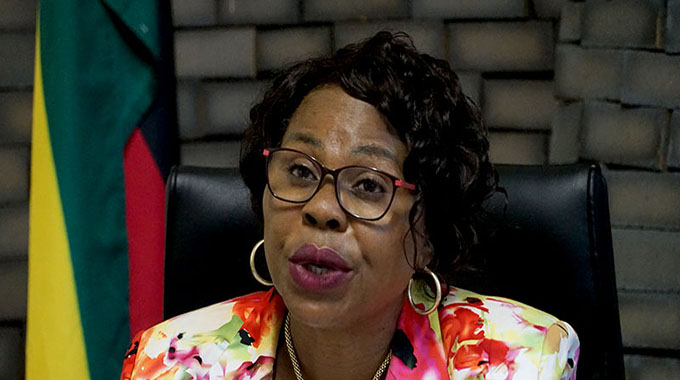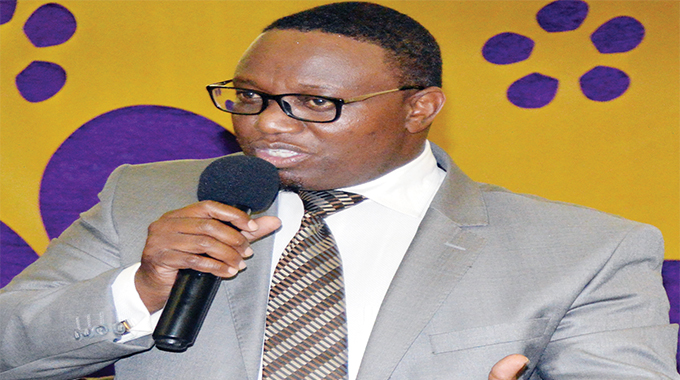Government to tackle energy challenges

Africa Moyo, Harare Bureau
Cabinet remains committed to addressing energy challenges, especially fuel and electricity shortages, which are affecting the country and a number of strategies are being considered.
Information, Publicity and Broadcasting Services Minister Monica Mutsvangwa said this while fielding questions from journalists during a post-Cabinet press briefing on Tuesday.
“Cabinet is very much seized with the critical problems which are out there in terms of energy shortages,” said Minister Mutsvangwa.
“We are having load shedding at the moment, there are also queues for fuel and this is an issue which is discussed at each and every Cabinet meeting. Strategies have been put in place and time will come when we will give you feedback on the outcome of the strategies. A lot of debate has been going on, this is an issue which gets debated each and every Cabinet meeting because it affects our people.”
Zimbabwe is experiencing serious electricity shortages, with most residential areas going without power for anything between six hours and 10 hours.
Electricity shortages are due to low water levels at Kariba Dam while coal mining is also depressed and cannot adequately support power generation at thermal power stations.
Critically, ZESA Holdings is only importing a combined 150MW from Eskom of South Africa and Hidroelectrica de Cahora Bassa of Mozambique due to arrears of US$80 million.
The national power company is working on clearing the arrears to enable it to import more electricity.
Government has indicated that it is determined to promote renewable energy generation so as to reduce dependence on coal and water for power.
The Zimbabwe Power Company (ZPC) was on Tuesday generating 1066MW from Hwange (331MW), Kariba (718MW) and Munyati (17MW). Bulawayo and Harare power stations were not generating anything.
National demand for electricity is averaging 1 600MW, which results in the deficit which has forced ZPC to introduce load shedding.
Similarly, the country is battling fuel shortages due to foreign currency shortages.
However, it is expected the fuel situation will improve in the near future following the decision by Government to let Oil Marketing Companies (OMCs) access foreign currency from the interbank market.
The move to discontinue the 1:1 foreign currency exchange rate for the procurement of fuel by (OMCs), saw petrol prices rising to $4,97 from $3,37.
Reserve Bank of Zimbabwe (RBZ) Governor Dr John Mangudya believes removal of the 1:1 rate will promote the efficient use of forex.








Comments